We caught up with the brilliant and insightful Timothy Monger a few weeks ago and have shared our conversation below.
Timothy, looking forward to hearing all of your stories today. Can you talk to us about a project that’s meant a lot to you?
All of my albums represent a different part of me, or at least where I was at a certain point in my life, but with my newest one, I feel like I finally dialed in on my most authentic self. Authentic is one of those tricky words that gets bandied about in the creative world and it means different things to different people. In this case, I’m using it to say that after two decades of releasing music, I finally recorded a collection that sounds exactly like how I see myself. Or the self I like most, the one that my best friends would recognize.
In the spring of 2020, I had about 5-6 songs written, all of them a little peculiar and thematically unrelated to each other. They covered unusual subjects like a rookie journalist (“Cub Reporter”), a Scottish island known for its distilleries (“The Hebridean Dram”), autumnal agriculture (“Cranberry Bog”) and other esoteric interests that pleased me. My previous album, Amber Lantern (2017), which I’d made during an emotionally fraught part of my life, was very personal and revealing. These newer songs were more impressionistic and while not at all introspective, I felt they were somehow representative of me as a human being.
Prior to that, I’d been busy launching a new band and figured that my next move would be very collaborative, but like everyone, I was pushed into a corner by the pandemic. As terrible as that year was in terms of public health, politics, and social unrest, I found myself working harder and more creatively than I ever had before. I recorded myself at home, playing every instrument and making do with whatever I had on hand. I was scrappy and focused. Despite the horrors of that period, I was very surprised by how full of joy my music sounded.
For me, one of the bright spots during the spring and summer of 2020 was this public sense of pluck and resourcefulness. Between the two poles of appalling and heroic behavior (we saw a lot of both) were a lot of normal people just coming up with interesting homemade solutions. Those fortunate enough to have some unexpected time on their hands were suddenly learning how to garden, bake bread, sew masks, learn a new language, etc. This communal DIY expression really inspired me during lockdown and as a result I was able to make the kind of album I never would have under other circumstances.
I’ve thought about this a lot and I’m not sure the reason, but on this album I was able to access some part of myself that I thought I’d left behind. It was unintentional and very unexpected, but I felt like I was in some way revisiting the youthful optimist of my teenage years. When I listen to the album, it has a sense of wonder and unfiltered creativity. That’s why I’m so proud of it. Whether or not it resonates with anyone else, I feel like I made something I will always love and be proud of. Early on in the process, I decided I wasn’t going to give it a title. A self-titled, mid-career album seemed like the right move.
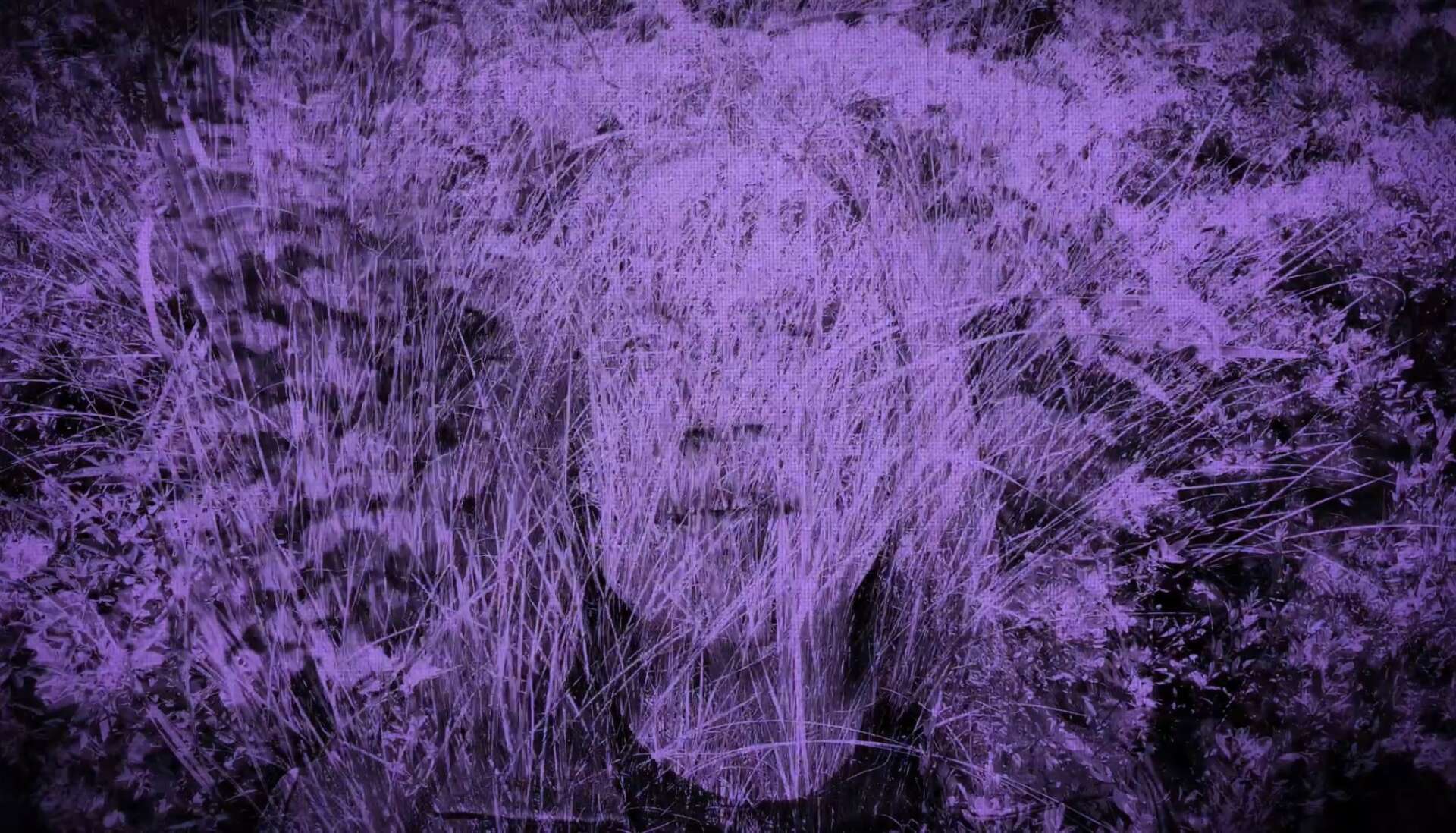
Awesome – so before we get into the rest of our questions, can you briefly introduce yourself to our readers.
I began playing guitar when I was 10 and wrote my first songs in my early teens. It was pretty clear to me from a young age that music would be the most important thing in my life and by the time I was 16 I was gigging regularly at local coffee houses around Southeast Michigan. That was around 1993 and I’ve never really stopped. Up until the pandemic, I had been performing regularly for nearly 30 years, working music-related day jobs (violin technician, record store clerk) and playing solo or in bands in my spare time. My brother James and I formed a band (Great Lakes Myth Society) in the late-’90s and we spent the next 12 years making albums for a handful of indie labels, touring, and nurturing a small but intense fan base. I made my first solo album, Summer Cherry Ghosts, in 2004, but it wasn’t until 2011, after the band went on hiatus, that I shifted into solo mode.
As much as I love playing live, writing songs and making albums is my first passion. The final recording of a song is the most important expression of my music. I work slowly and take a lot of time to present my ideas exactly the way I want to, a luxury I can afford because I’ve kept a steady day job for my entire career. I currently work as a writer/editor in the music industry. Historically, I seem to take between 6-7 years to write, record, and release a new solo album which is an eternity in the fast-paced music industry. I don’t have a large audience to begin with and I’m basically re-introducing myself every time I release something, which can be a challenge, but can also be used to my advantage. What I lack in momentum, I make up for in quality and there is always an opportunity for reinvention when no one is paying attention. Because I’m not constantly hustling to make my sole income as a musician, I can take the time to really see interesting ideas through and try a lot of things out before rolling them out to the public. I’ve found a rhythm and a process that works for me.
I’ve always been drawn to outsiders, cult acts, and people making interesting music in the margins. Stuff that maybe doesn’t have broad appeal, but has a lot of heart, free expression, and makes unusual decisions. I’m especially fond of the stalwarts who have stuck it out against the odds. It takes a lot of courage to offer your song to the world, but it takes even more courage to keep coming back and doing it year after year when success has eluded you.
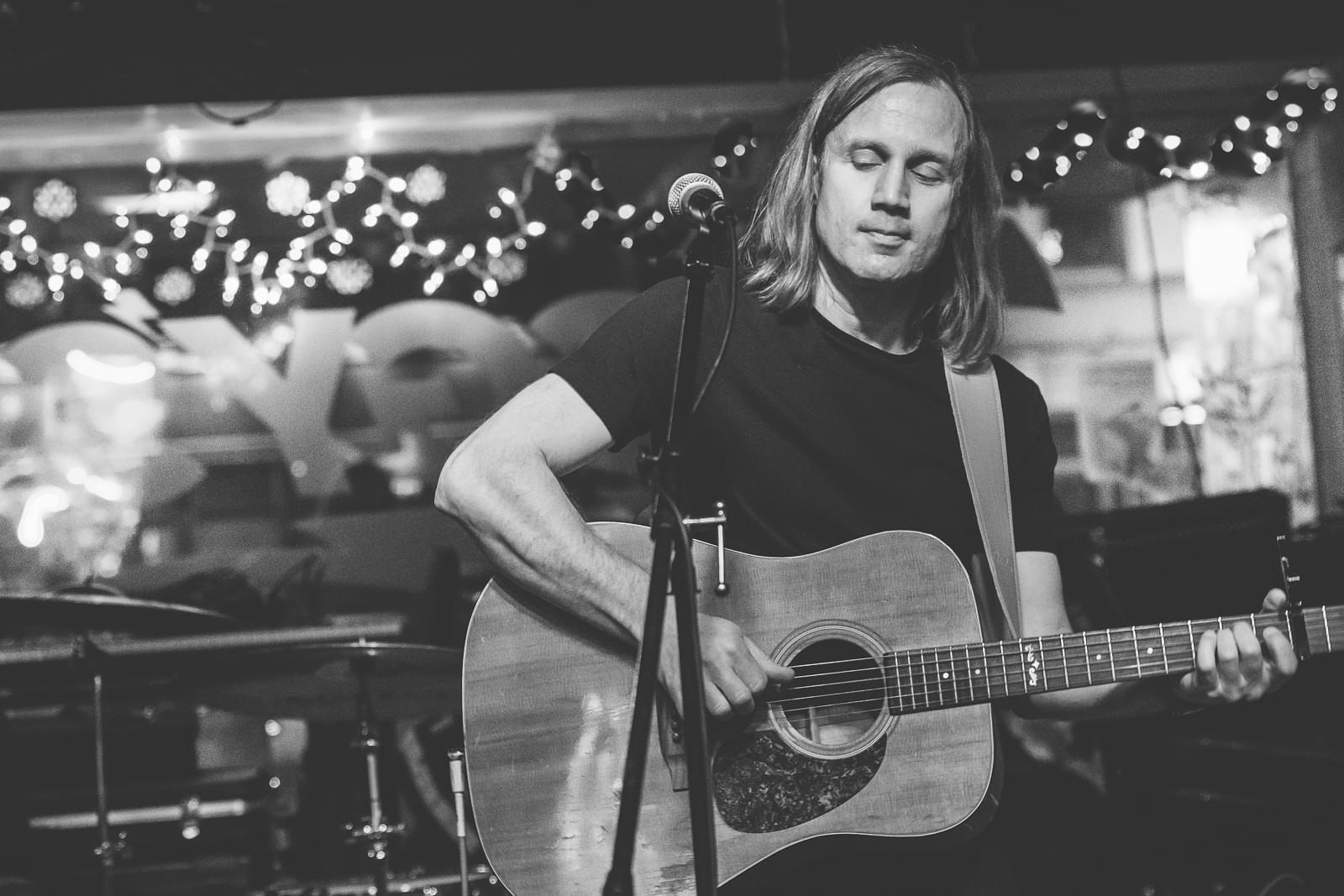
Let’s talk about resilience next – do you have a story you can share with us?
In 2009, when I was in my early-30s, I started to get the sense that my music career was moving into a down phase. The band I’d dedicated my adult life to was struggling for direction and so was I. In the spring of that year I began running. I wasn’t particularly athletic and was just trying to add something positive and healthy into my life after years of playing music in bars. Having never run more than three miles, I suddenly got it in my head that I should try to run a marathon. At the time I didn’t even know how many miles that was and had to look it up (26.2). I decided to give it a try and signed up for the Detroit Marathon that October. I checked a training book out from the library, set up a plan, and started accumulating miles. The Detroit Marathon and running in general changed my life and my career.
It taught me so many things about resilience, perseverance, endurance, and the power of training the mind. Leading up the race, every experience was new. The first time I ran 10 miles blew my mind. Then 13, 17, 20! How was this even possible? I’d always just thought of myself as a singer, guitarist, and a writer. Running was such a different discipline, yet now that I’ve been running for 14 years, I see how connected it is to everything I do.
I remember thinking during that first marathon that it was the hardest thing I’d ever done in my life. Since then I’ve run many more and during each race, I still have that thought. Pushing through extreme physical discomfort and summoning the willpower to keep moving is a skill I didn’t know I had. It also taught me about time commitment, setting up a plan, and simply putting in the hours.
Not long after the race I began recording my second solo album, The New Britton Sound (2011). I’d been fretting about how to afford making another album; I didn’t have any money or a label to support me. I had a very rudimentary recording rig and not a lot of engineering knowledge. My experience running the marathon gave me the boost to just start recording and see where the journey took me. Once you’ve done something difficult once, you’ve given yourself the gift of example. You’ll always have that knowledge that you can do it again. I finished the album the following year and released it on my own label.
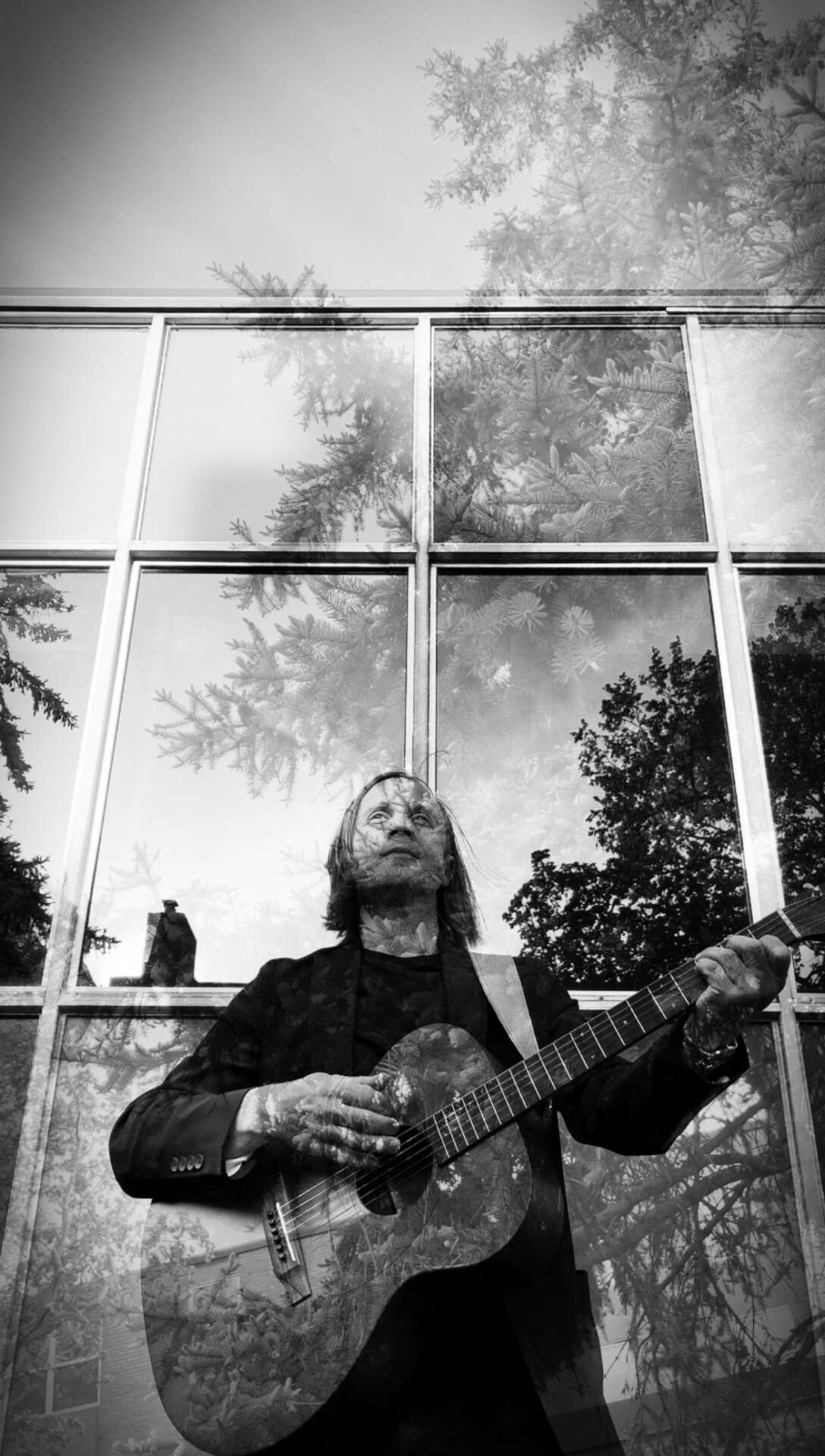
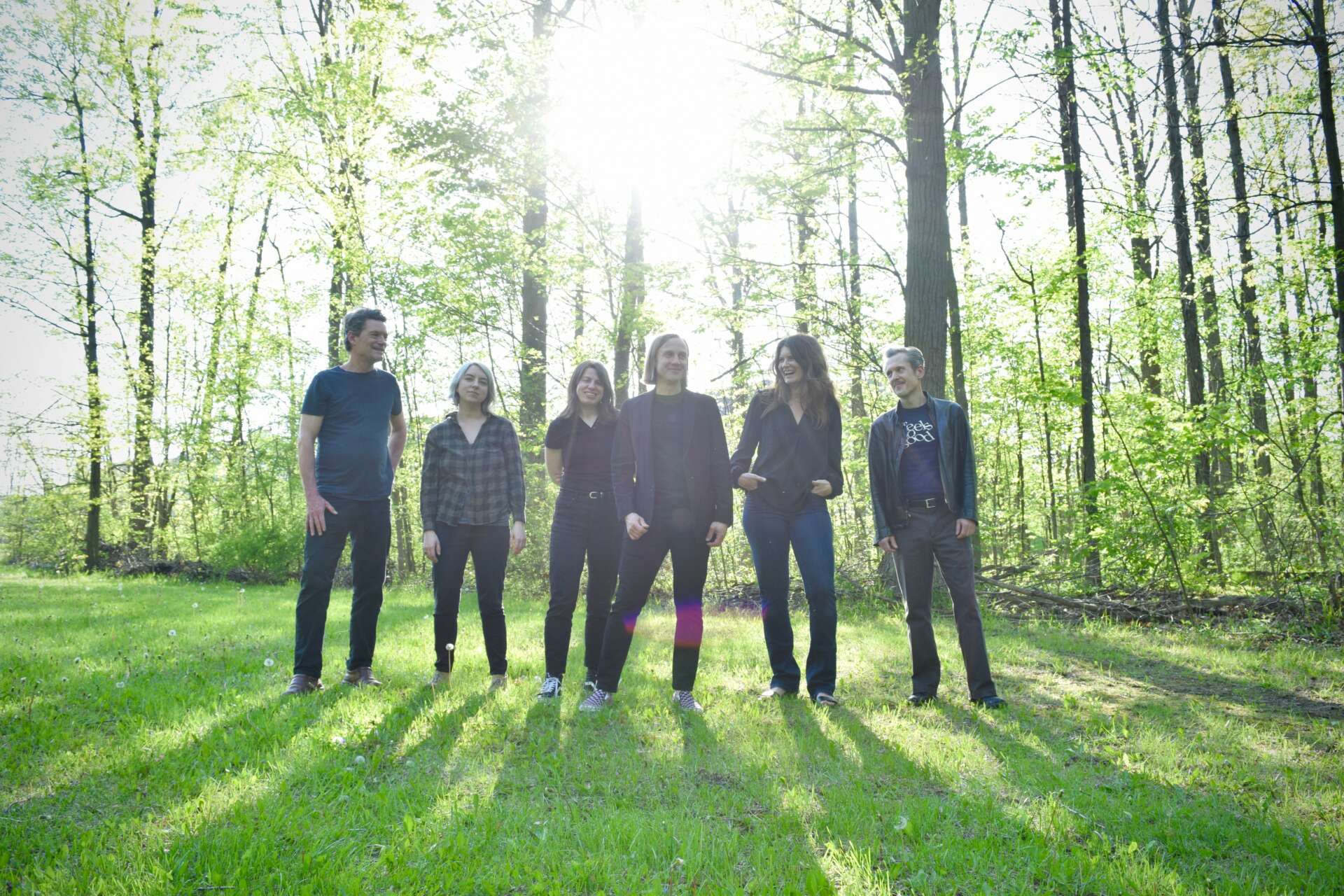
For you, what’s the most rewarding aspect of being a creative?
Self awareness. Self understanding. I’ve always been creative and felt compelled to write, make, sing, build, or design things. This behavior was modeled by both of my parents who are boundlessly creative people. They nurtured and supported my creativity and I couldn’t be more grateful.
I might have pursued a lifestyle and career that was more dependable or financially stable, but I would have been denying or at least sidelining a major part of myself. Being a creative person can be frustrating and emotionally difficult, but at least I know myself.
I’ve watched many friends go down more traditional life paths and occasionally I will wonder if I’m missing out on something, but then I will get an idea to make or write something and it just takes over my entire mind. I’ve learned to just go with it. Some people spend their whole lives not quite knowing who they are.
Yes, I feel lost sometimes and I know I will again, but I at least have a core understanding that my purpose is to make things. When I am writing a song or poem, playing an instrument, singing, designing a poster, or building some unnecessary but aesthetically pleasing hack for my house, I know exactly who I am.
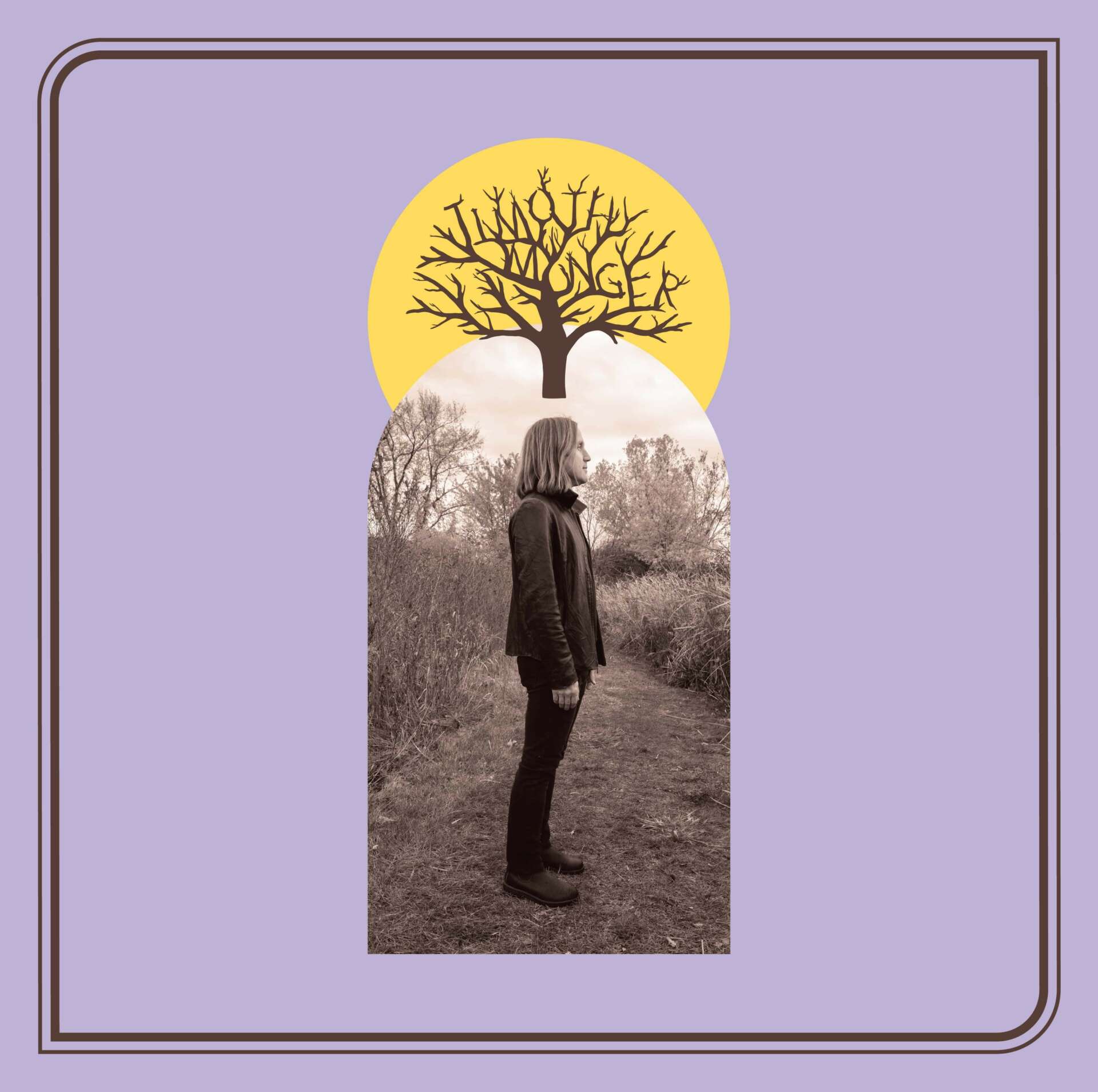
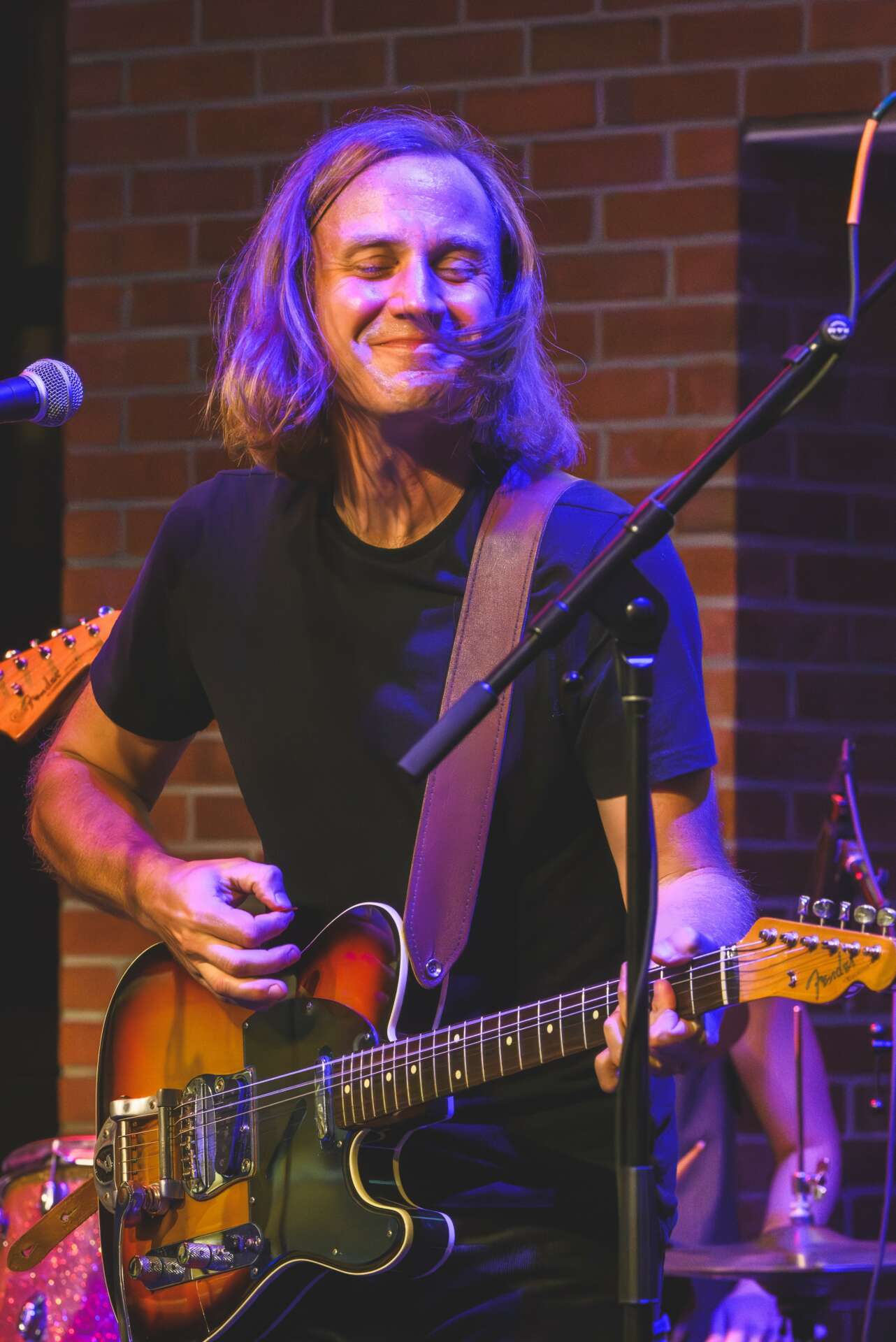
Contact Info:
- Website: https://www.timothymonger.com/
- Instagram: https://www.instagram.com/tmonger
- Facebook: https://www.facebook.com/timothymonger
- Twitter: https://twitter.com/timothymonger
- Other: https://timothymonger.bandcamp.com/music
Image Credits
Jenny Harley, Nick Azzaro, Doug Coombe, Misty Lyn Bergeron


